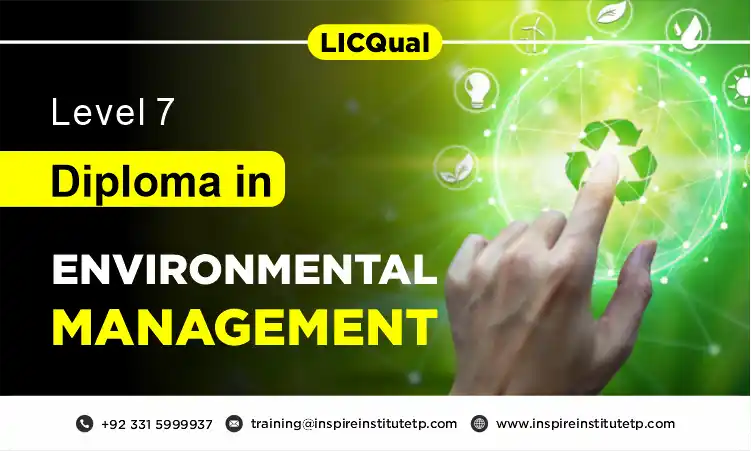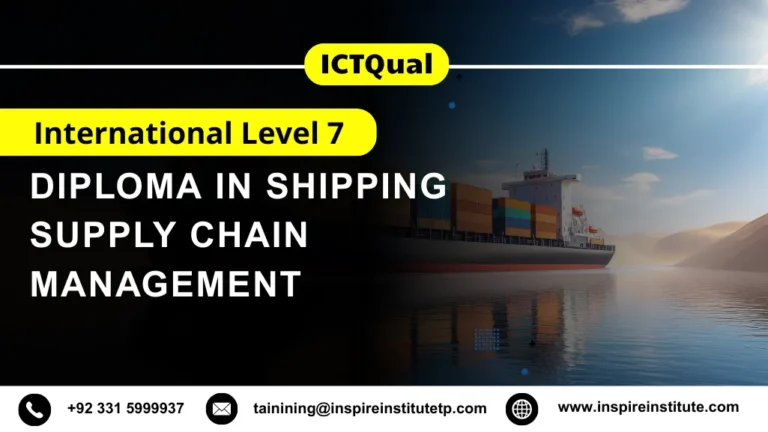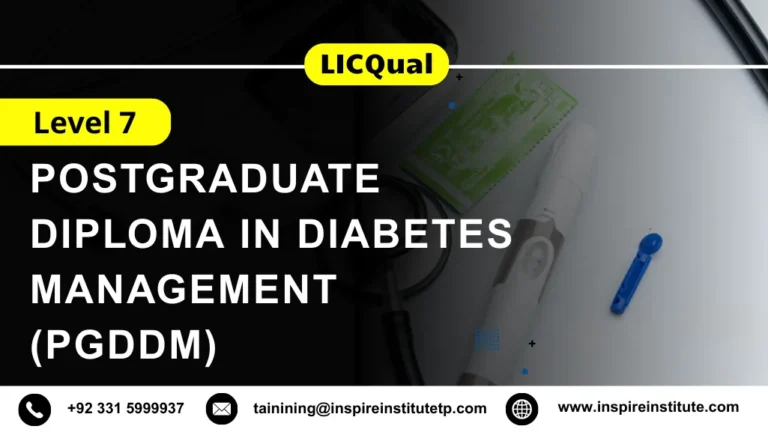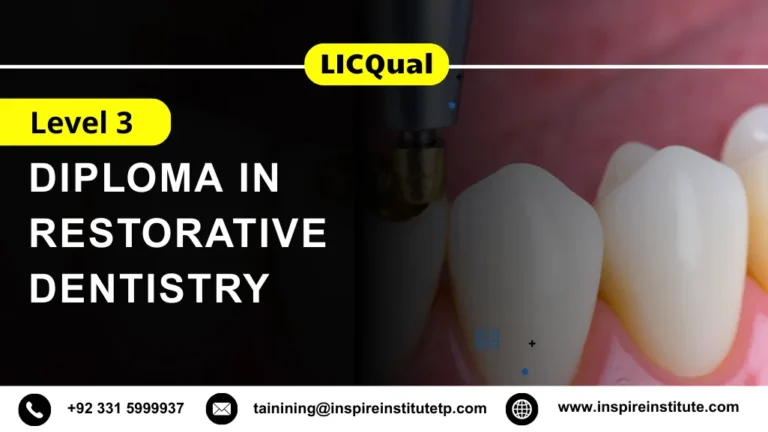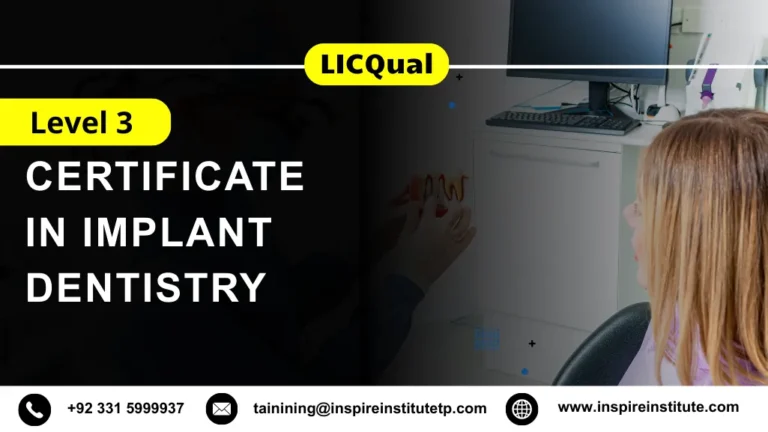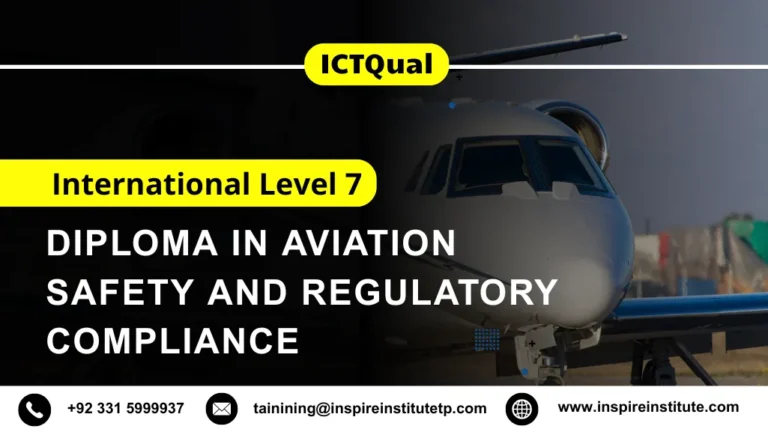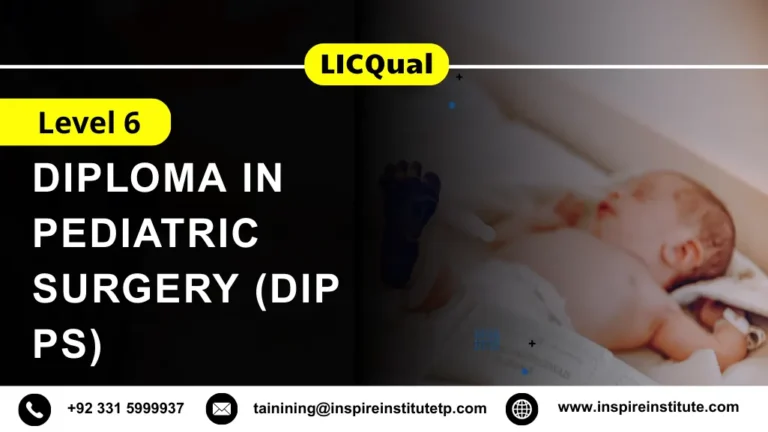LICQual Level 7 Diploma in Environmental Management
The LICQual Level 7 Diploma in Environmental Management is an advanced qualification designed for professionals seeking to deepen their expertise in environmental sustainability and management practices. This program equips learners with essential skills to address complex environmental challenges, develop sustainable strategies, and implement effective management systems.
Covering key topics such as environmental policies, risk assessment, and sustainable resource management, the diploma prepares graduates for leadership roles in various sectors, including government, non-profit organizations, and corporate sustainability initiatives. Ideal for those looking to drive positive environmental change, this diploma fosters a comprehensive understanding of the principles and practices necessary for effective environmental management.
Why Choose this Qualification
Choosing the LICQual Level 7 Diploma in Environmental Management offers several key benefits:
- Specialized Knowledge: Gain in-depth understanding of environmental management principles, policies, and practices.
- Career Advancement: Enhance your qualifications and position yourself for leadership roles in sustainability and environmental management.
- Global Relevance: The diploma is recognized internationally, making it valuable for career opportunities across various sectors.
- Practical Application: Learn to apply theoretical knowledge to real-world environmental challenges, equipping you to make a tangible impact.
- Sustainable Practices: Develop skills to implement effective sustainability strategies within organizations, promoting responsible resource use.
- Networking Opportunities: Connect with industry professionals and experts, expanding your professional network and potential collaborations.
- Personal Development: Build critical thinking, problem-solving, and strategic planning skills that are essential for effective environmental management.
- Contribution to Change: Equip yourself to lead initiatives that address pressing environmental issues and promote sustainable development.
Overall, this qualification is a strategic choice for those committed to making a difference in environmental management and sustainability.
Course Overview
UK Based Qualification
Course Level: Level 7
Average Completion Time:
6-18 Months
Study Units: 11 Units
Evidence & Assignment Based
Qualification Structure
The Level 7- Diploma in Environmental Management consists of 11 Mandatory units making a combined total of 120 credits, 1200 hours Total Qualification Time (TQT) and 460 Guided Learning Hours (GLH) for the completed qualification
Mandatory Units
Who Should Take This Course
The LICQual Level 7 Diploma in Environmental Management is ideal for:
- Environmental Professionals: Individuals already working in environmental roles looking to enhance their expertise and advance their careers.
- Managers and Executives: Professionals in leadership positions who want to integrate sustainability into their organizational practices.
- Policy Makers: Government officials and policymakers aiming to develop effective environmental regulations and policies.
- Consultants: Environmental consultants seeking to deepen their knowledge and improve their advisory skills.
- Recent Graduates: Individuals with a background in environmental science, management, or related fields who want to specialize further.
- Corporate Sustainability Officers: Professionals responsible for implementing sustainability initiatives within their organizations.
- NGO Workers: Staff members of non-profit organizations focused on environmental issues who wish to strengthen their project management skills.
- Academics and Researchers: Those interested in pursuing further research or teaching in the field of environmental management.
This course is suited for anyone committed to promoting sustainable practices and making a positive impact on environmental management.
Course Benefits
The LICQual Level 7 Diploma in Environmental Management offers numerous benefits, including:
- Advanced Knowledge: Gain a comprehensive understanding of environmental management principles and practices.
- Career Progression: Enhance your qualifications, making you more competitive for senior roles in environmental and sustainability sectors.
- Practical Skills: Develop the ability to apply theoretical knowledge to real-world environmental challenges, improving problem-solving capabilities.
- Global Recognition: Obtain a qualification that is recognized internationally, increasing your employability across various industries and regions.
- Sustainability Expertise: Learn to implement effective sustainability strategies that promote responsible resource management and reduce environmental impact.
- Networking Opportunities: Connect with professionals and experts in the field, expanding your professional network for future collaborations and opportunities.
- Policy Development Skills: Understand how to formulate and evaluate environmental policies, enhancing your ability to contribute to regulatory frameworks.
- Critical Thinking: Build analytical skills to assess environmental risks and develop innovative solutions for sustainable practices.
- Leadership Development: Prepare for leadership roles by learning how to drive organizational change and foster a culture of sustainability.
- Personal Growth: Boost your confidence and competence in managing environmental issues, empowering you to make a meaningful impact in your organization and community.
Overall, this diploma equips you with the tools and knowledge needed to excel in the field of environmental management and sustainability.
Eligibility Criteria
Learners must meet specific eligibility criteria:
Educational Background: Applicants typically should hold a Level 6 qualification (such as a bachelor’s degree) in environmental science, management, or a related field.
Work Experience: Relevant professional experience in environmental management or a related area is often required. This may include roles in sustainability, policy-making, or environmental consultancy.
Demonstrated Interest: A strong commitment to environmental issues and sustainability practices may be assessed through personal statements or interviews.
Professional Development: Candidates may benefit from additional qualifications or certifications in environmental management, sustainability, or related fields.
Language Proficiency: Non-native English speakers may need to demonstrate proficiency in English, typically through standardized tests or equivalent qualifications.
Access to Resources: Ability to access necessary materials and resources for study, including online platforms if applicable.
Commitment to Learning: A willingness to engage in intensive study and practical applications of environmental management principles.
The Qualification Process
Here is a step-by-step guide to help you understand the entire journey from pre-registration to certification:
- Self-Assessment:
Begin by evaluating your eligibility for the course. Ensure you meet the entry requirements, such as relevant qualifications or professional experience, as outlined for the program. - Registration:
Complete your registration by submitting the required documents, including a scanned copy of a valid ID, and pay the necessary registration fee. This is your first official step in the qualification process. - Induction:
An assessor will conduct an induction session to verify your eligibility and introduce you to the evidence requirements. During this stage:- If the assessor finds that you meet all the necessary criteria, you will proceed to the next step.
- If you do not meet the entry requirements, your registration will be canceled, and your fee will be refunded.
- Evidence Submission:
Based on the assessment criteria, you will need to submit evidence demonstrating your knowledge and competence. Consult with your assessor if you need clarification on the type and nature of the evidence required. This evidence could include assignments, projects, case studies, or professional experiences related to sustainability management. - Feedback and Revision:
The assessor will review your submitted evidence and provide feedback. Evidence that meets the required criteria will be marked as “criteria met.” If there are any gaps, the assessor will highlight them, and you will need to address those gaps by revising and resubmitting the evidence. - Competence Evidence:
Submit your final evidence demonstrating that you have successfully achieved all the learning outcomes. The assessor will mark your submission as “Criteria met” once everything is up to standard. - Internal Quality Assurance (IQA):
After your evidence is approved by the assessor, the Internal Quality Assurance Verifier (IQA) will review it to ensure that the assessment was carried out consistently and according to LICQual standards. - External Verification:
The IQA then presents your portfolio to LICQual External Quality Assurance Verifiers (EQA) for final confirmation. The EQA may contact you directly to verify the authenticity of your evidence. - Certification:
Once all internal and external checks are completed to satisfaction LICQual will issue your official certificate, confirming that you have successfully achieved the qualification.
This comprehensive process ensures that learners demonstrate all necessary competencies and meet the high standards required for the LICQual Level 7 Diploma in Environmental Management.

